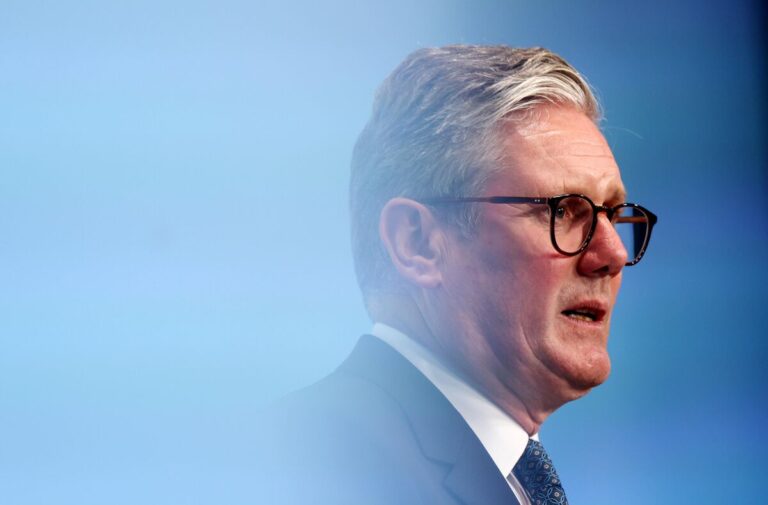Among the many urgent issues the new UK government needs to tackle is how to increase funding to companies developing the key technologies needed for the low-carbon transition.
The report comes according to a report published on Wednesday by Barclays, in which the bank set out recommendations on how Keir Starmer’s team should address the serious “funding challenges” that are “hindering the rapid expansion of growth-stage climate tech companies.” If a solution is found, it could help the UK “leapfrog international markets and become the choice for innovative climate technologies,” the London-based bank said in a statement.
“The UK is renowned for innovation but lacks a capital middle class, which is preventing the growth of viable property investment.”
“We are exploring economic ideas that can support the transition to net zero,” Daniel Hanna, Barclays’ global head of sustainable finance, said in a statement.
Barclays is one of many voices, including JPMorgan Chase and KKR, that point to structural flaws in the capital markets that have left companies working on everything from battery storage to green hydrogen starved of capital. Often too asset-heavy for venture capitalists and requiring large sums of capital, while at the same time too early-stage and unproven to attract infrastructure investors, many climate tech companies fall into a no-man’s land known as the “missing middle.”
According to Barclays, it’s “growth” stage companies that are at stake in the UK. Growth-stage investors are used to funding software start-ups, but climate tech companies often have high upfront costs, high capital expenditure requirements and long time to revenue, all of which “pose barriers to securing traditional investment”, the bank said.
According to Barclays, funding for climate companies at Series B and above fell 48% year-on-year in the first half of 2023, leaving a climate tech funding gap of £1.5 billion ($1.9 billion) for companies of this size.
“Growth investors are looking for short-term gains,” said Christophe Williams, chief executive of British solar power company Naked Energy. “Fund managers want to exit in three years to move on to the next deal, but the hardware businesses needed to build clean energy infrastructure need more patient capital to get to the real growth tipping point.”
Still, Williams’ company raised £17 million. The company raised new capital this month as part of the first close of its Series B round, led by E.ON Energy Infrastructure Solutions, with additional investment from Barclays.


